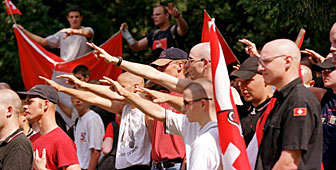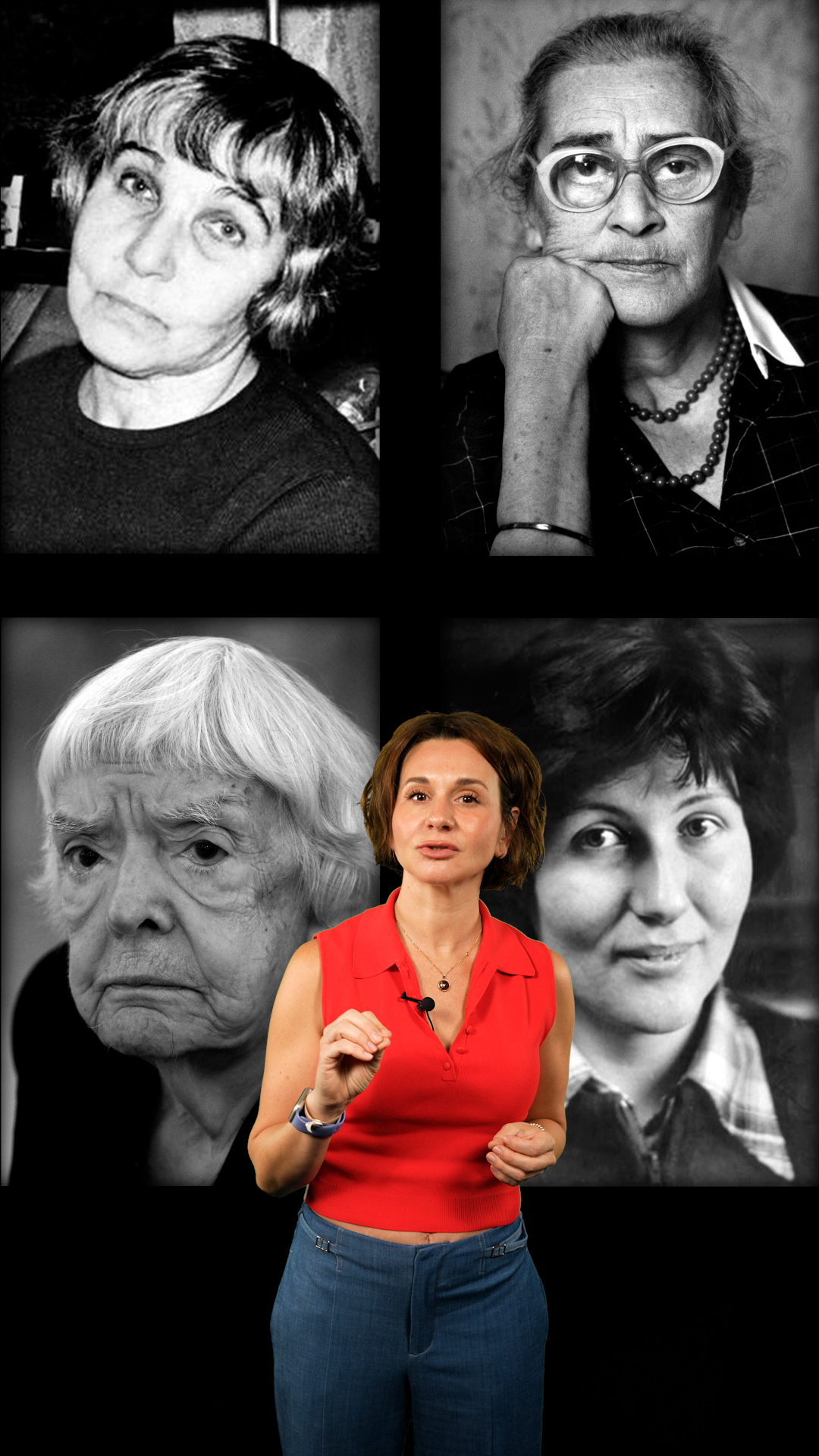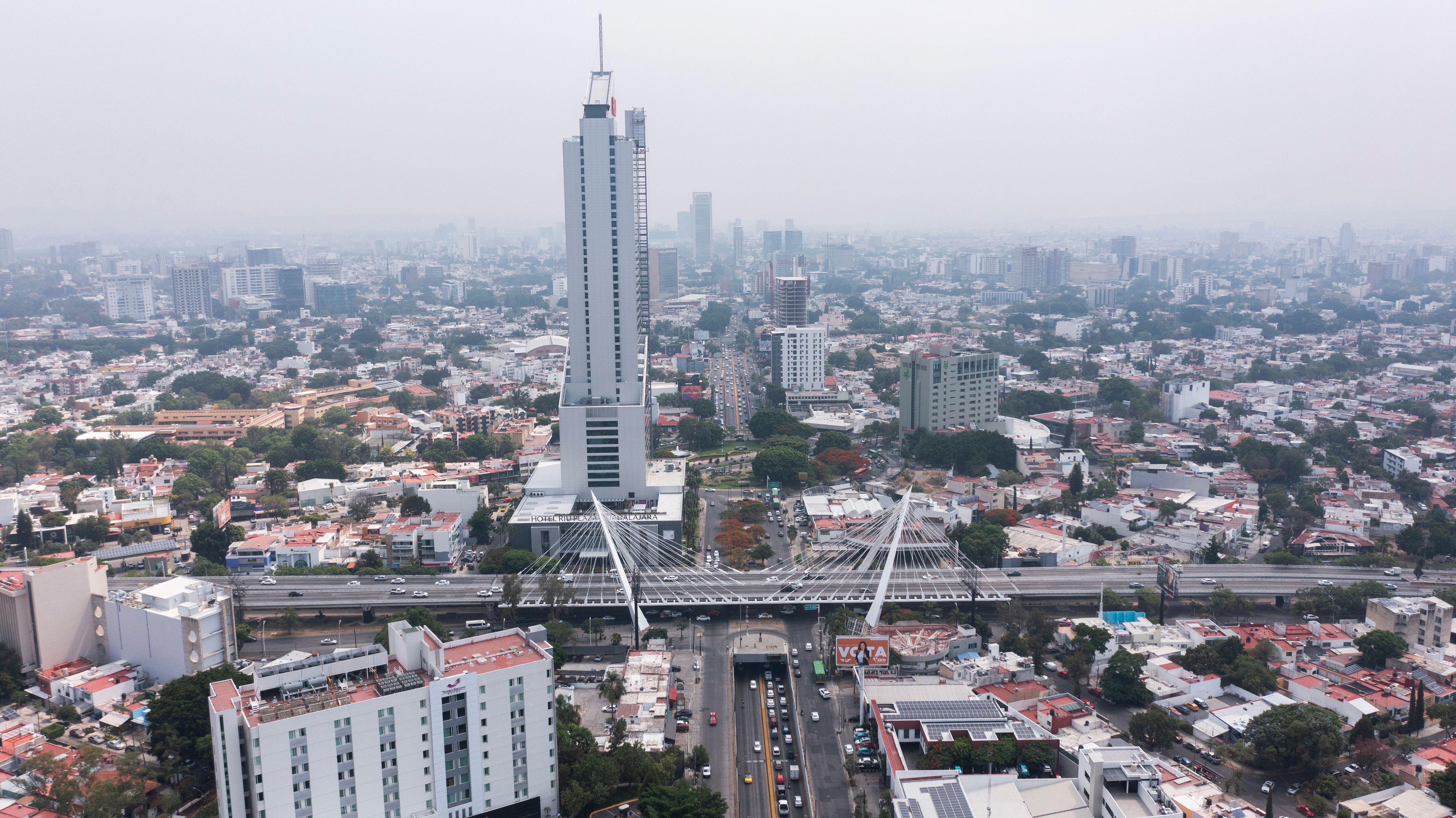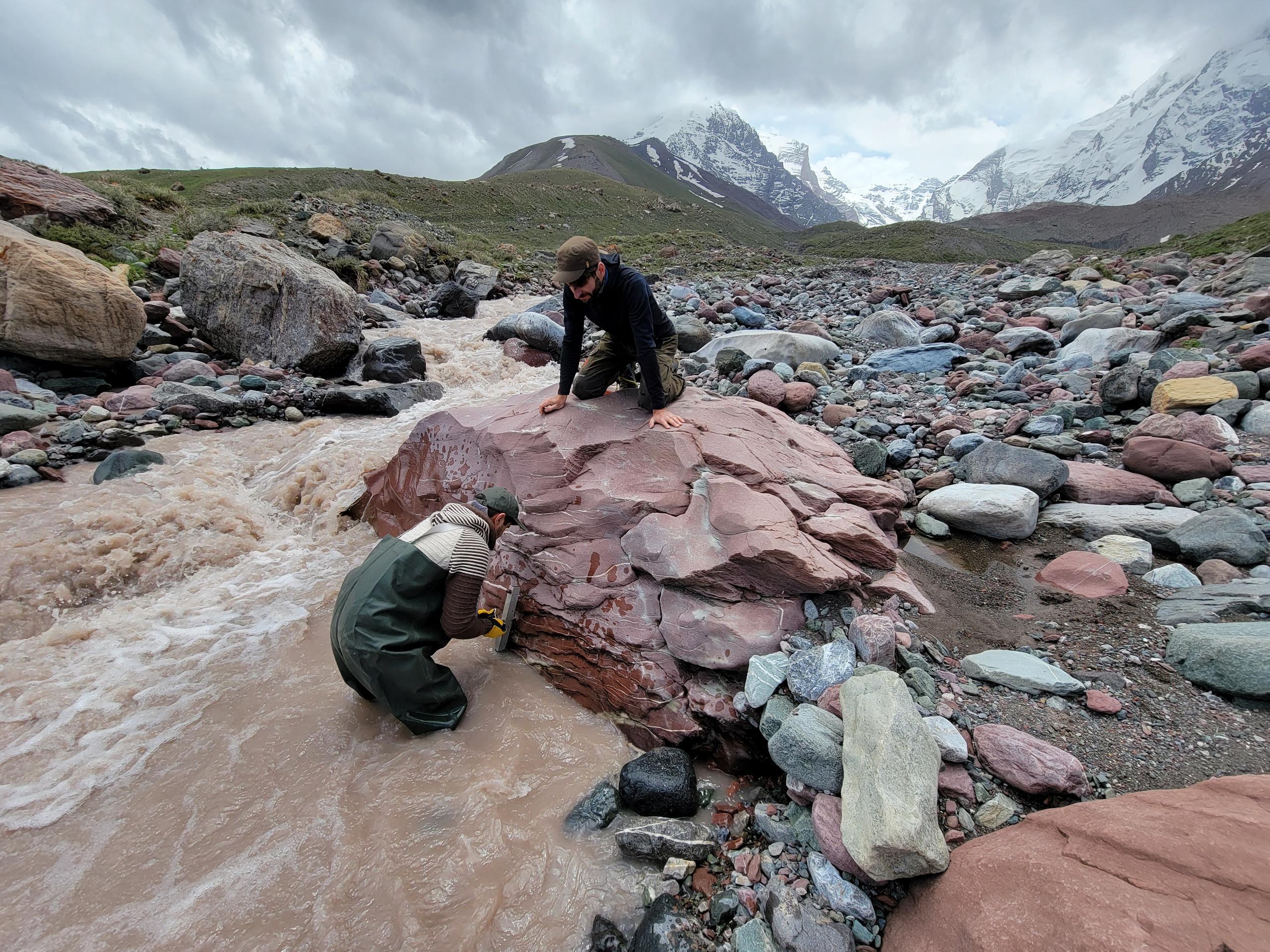
Neo-nazis change tactics

Swiss police believe right-wing extremists have become better organised and more ruthless, after Friday's racially-motivated attack on two Turkish youths.
A gang of extremists attacked the teenagers – 14 and 17 – in the canton Aargau town of Klingnau with baseball bats, inflicting severe injuries.
Police have arrested four people in connection with the attacks, and are hunting six others.
Experts believe the Aargau assaults highlight a change of tactics by organised right-wing groups in Switzerland – away from attacks on the homes or community centres of foreigners towards individuals.
The attacks are also becoming more violent.
St Gallen brawl
Crime-fighters are carefully watching the trial of Pascal Lobisger, believed to be one of the leaders of a Swiss skinhead group accused of inciting last year’s racially motivated brawl in St Gallen.
A massive fight erupted involving more than 50 skinheads and 80 members of St Gallen’s black community after a small gang of extremists attacked two black men in the city’s centre.
The 27-year-old extremist faces six months’ jail if found guilty, while suspended sentences have been recommended for three other members of his group.
Both incidents have refocused public attention on the nature of right-wing gangs – gangs the Federal Police Office says are becoming increasingly well organised and capable of recruiting new members.
The latest figures suggest the number of neo-nazis grew from 900 to around 1,000 in 2001.
However, the number of incidents involving skinheads decreased slightly, with just over 100 reported attacks, demonstrations and gatherings.
Authorities also say a shift has been taking place among skinhead groups and that such organisations are becoming increasingly political.
“There is a certain tendency towards more political and ideological work from right-wing extremist groups,” Jürg Bühler, spokesman for the Federal Police Office, told swissinfo.
“On the one hand, skinheads are a youth phenomenon, but this youth phenomenon is embedded in a political debate,” commented Doris Angst, who heads the Federal Commission Against Racism.
“Those behind the skinhead scenes want to create political parties and have more political influence,” she added.
One such party – The Party of Nationality-Oriented Swiss – has already been founded in canton Basel Country.
“Very dangerous”
Angst warns that this kind of political organisation with such a specific and targeted mandate is “very dangerous”, but recognises that Switzerland’s freedom of association and expression means such parties have the legal right to voice their opinions.
“There are no restrictions on the political level if the party is not directly linked to criminal activity,” Bühler explained.
The focus of right-wing extremist activity may be changing, but last year over 100 racially motivated attacks and demonstrations were reported, most of which were concentrated in the German-speaking part of the country.
“We saw more violence directed against individuals,” Bühler said.
“We didn’t have much violence against public buildings like asylum homes and things like that.”
Although the total number of incidents involving right-wing extremists has decreased in the last year, statistics suggest the attacks – when they occur – are becoming more and more violent.
Last year saw the first extreme right-wing murder, when a group of adolescents in the small community of Unterseen, outside the capital Bern, killed a member of their own gang.
The “Order of Aryan Riders” is reported to have murdered a nineteen-year-old boy because gang members thought he would tell police about their plans to attack and kill foreigners.
Early prevention
Swiss police believe rightwing extremism can only be eradicated through education and awareness programmes.
It is too late, says Bühler, to wait to be called on to the scene to deal with a disturbance involving extremists.
“We have to start much earlier with preventative measures in the school domain,” he said.
Angst agrees that more general education on human rights is needed.
People need to be made aware, she says, that “everyone should be respected regardless of the colour of their skin or their country of origin.”
To this end, a federal fund of SFr15 million ($9 million) was set up last year to combat racism over the next five years.
Just as right-wing activity persists in Switzerland, so too does the reaction against it. Last Saturday, the streets of Bern were filled with around 1,600 anti-fascist demonstrators marching through the city centre.
Police arrested 30 demonstrators and the crowd caused an estimated SFr100,000 ($60,000) of property damage.
by Sally Mules

In compliance with the JTI standards
More: SWI swissinfo.ch certified by the Journalism Trust Initiative





































You can find an overview of ongoing debates with our journalists here . Please join us!
If you want to start a conversation about a topic raised in this article or want to report factual errors, email us at english@swissinfo.ch.